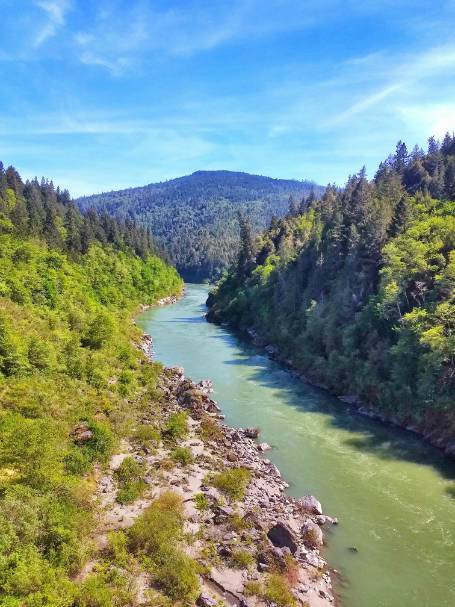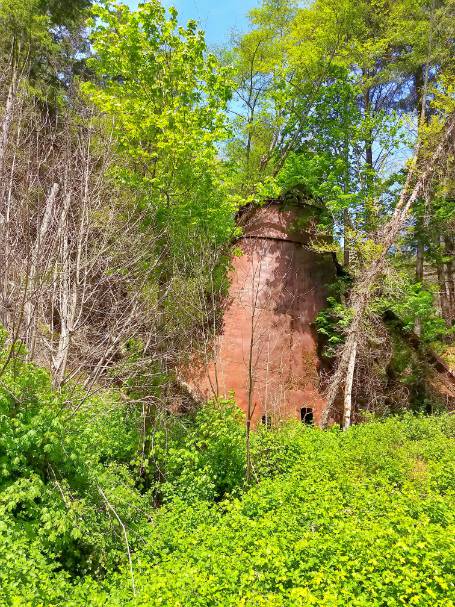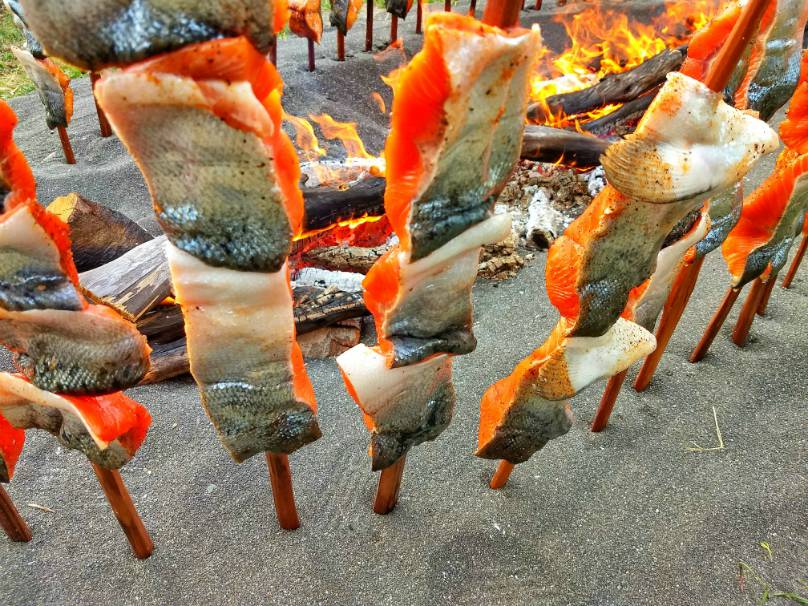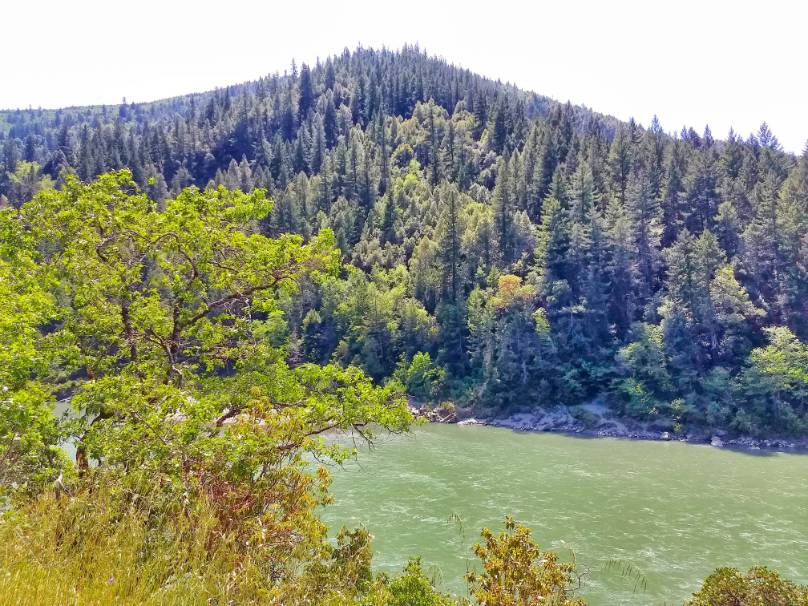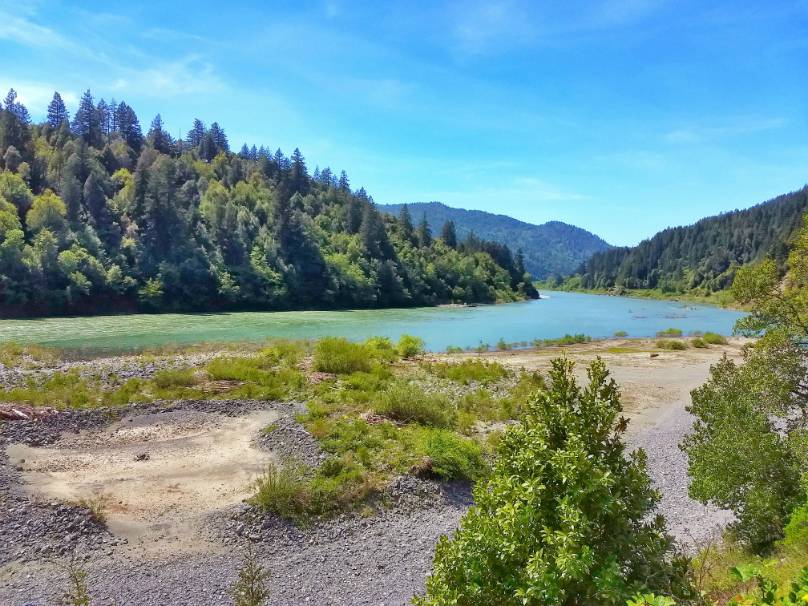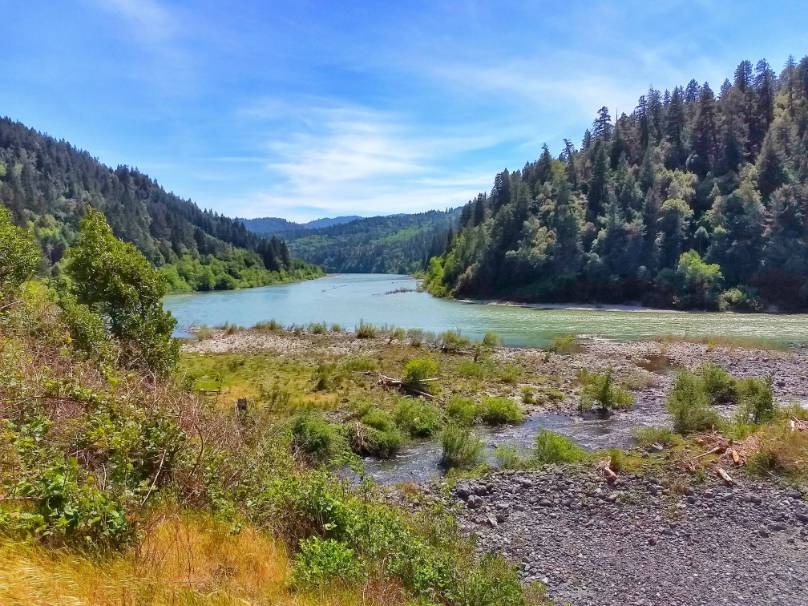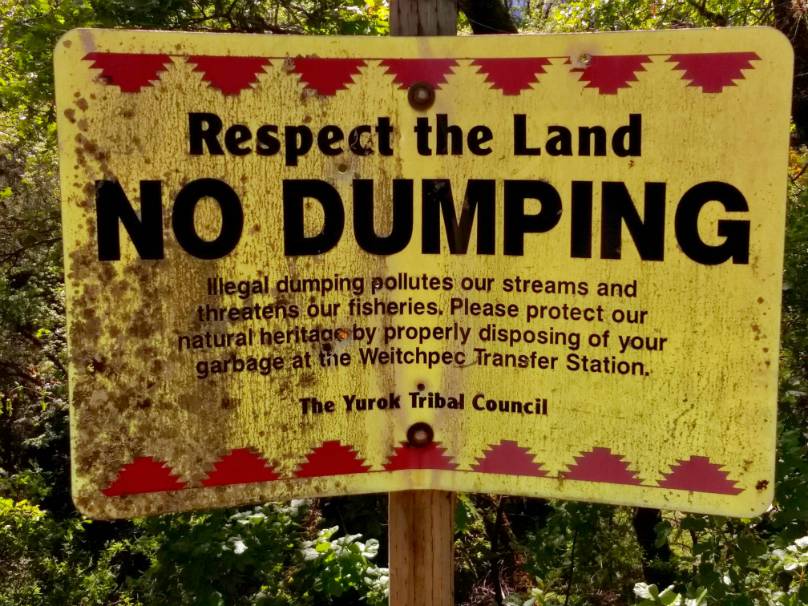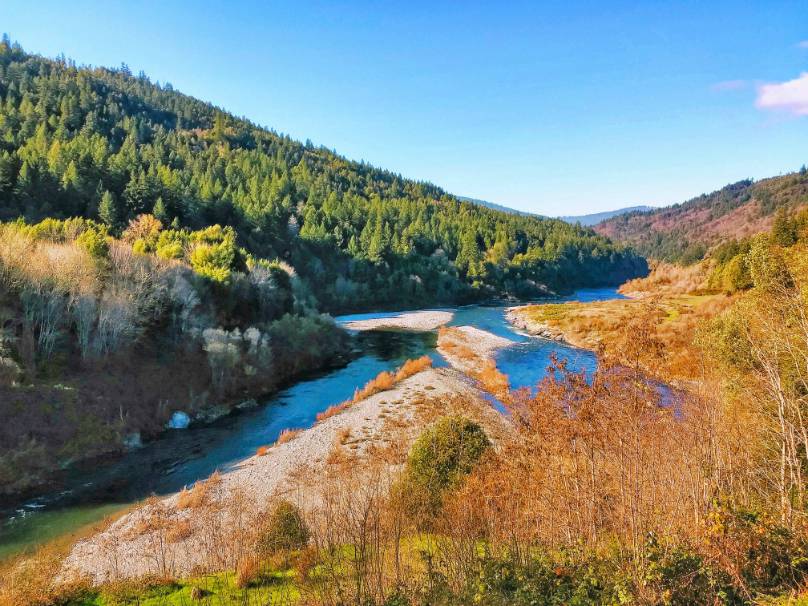
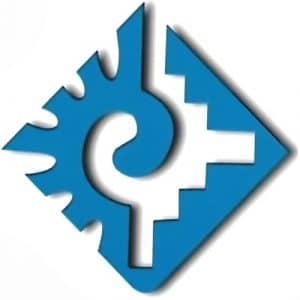
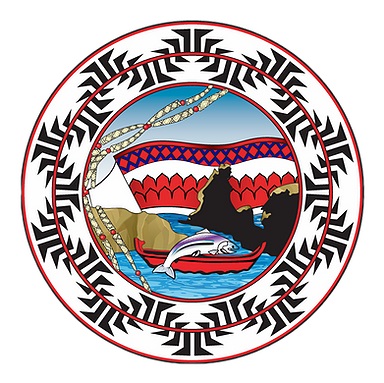
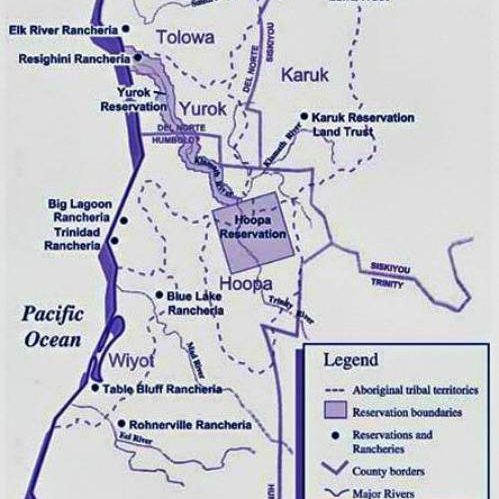
This project is made possible with the partnership of Water Charity & The Yurok Nation
Location
Yurok Nation, Humboldt County, Northwest California, USA
Community Description
Yurok Indian Reservation is located from the confluence of the Klamath and Trinity Rivers in the Village of Weych-pues (Weitchpec) and follows the Klamath into the ocean at the village of Requa (part of the town of Klamath) in what is now Humboldt & Del Norte Counties in Northwest California. Many of the Pu-lik-lah or Yurok People’s Ancestral Territory included villages here on the River as well as on the Pacific Coast from what is now Little River (close to town of McKinleyville, CA) to Damnation Creek (just north of Klamath, CA).
The Reservation is approximately 350 miles north of San Francisco and approximately 450 miles south of Portland, OR. The upper ancestral territory shares boundaries with two other Tribes; the Karuk People that live along the Klamath and the Hupa who live on the Trinity River. The lower portion of the reservation neighbors villages of the Tolowa People to the North and Wiyot to the south on the coast. Yuroks also neighbored with the Chilula People of the Redwood Creek watershed. Significant bodies of water within Yurok Ancestral Territory include the Rivers, its many tributaries, approximately 3 lagoons, and the Pacific Ocean. The coastal Redwood rainforest is one of the most integral parts to the ways of life for Yurok and the other Tribal groups in the region. The dugout canoes were the main mode of transportation as the Klamath River was the original “highway” system.
“Currently threatening their way of life as there are four hydroelectric dams (Copco 1 & 2, JC Boyle, and Iron Gate) on the Klamath River and two on the Trinity River (Trinity, Lewiston). The communities in the Klamath – Trinity basins are actively advocating for the removal of these dams and transition away from this type of obsolete infrastructure.
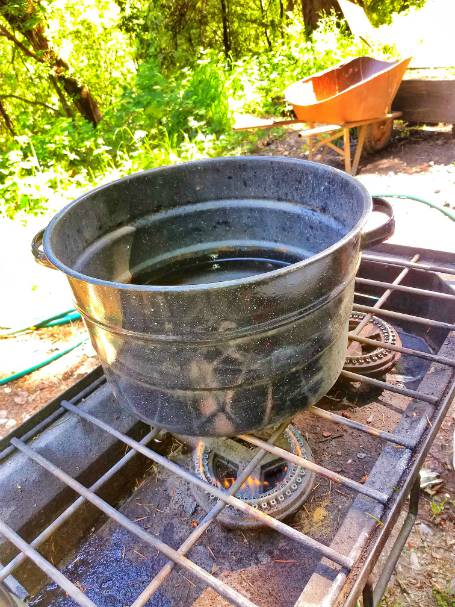
Problem Addressed
The Yurok Tribe issued a boil water notice in July 2018 warning of potential presence of E. coli in the four community water systems on the upper reservation and has not since been lifted. While the Tribe continues to actively pursue funding to improve the current system, many challenges continue to leave Tribal citizens and local community members out of the assurance to clean water or no water at all.
The presence of illegal dumping, lack of control of cattle and unregulated heavy-pesticide marijuana grows adjacent to the community systems create a direct threat to the community’s well being especially young families and elders. Additionally, reliability in these systems needs much improvement but when the water goes out people being using the creeks more often. Filters can prevent people from getting sick from exposure to contaminants in the tributaries in future system failures. The immediate need is in distributing water filters to households on the upper portion of the reservation specifically people who rely on one of the four community water systems listed above (Wautec, Ke’pel, Kenek, Weitchpec).
The Pu-lik-lah or Yurok People have lived along the Klamath River since time immemorial. However, with the spread of the Doctrine of Discovery, many of our Tribal citizens continue to face challenges in health, shelter, and ways to balance their costs of living. Primarily depending on the fish, deer, and acorns life on the Lower Klamath has always been from the Rivers to the Ridges. The Yurok Ancestral lands are just as diverse as the People. With the upper portion of the lands being much more seasonal with freezing winters and hot summers while the downriver and coastal portions of the homelands are much more wet, welcoming fog and rain on a daily basis. Because the areas are so isolated, the need for individual and system-wide back up plans for clean water are crucial.
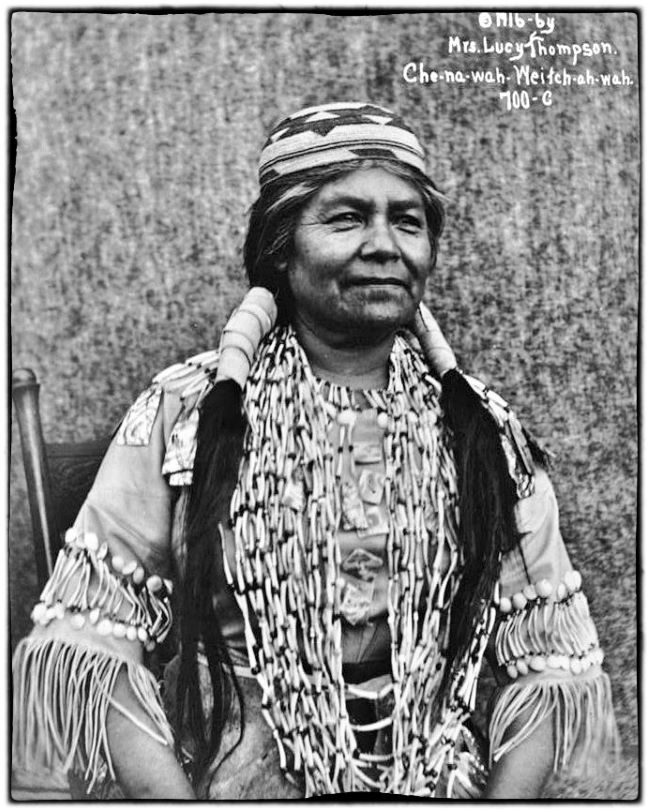
Project Description
As part of our Water For Everyone — Klamath program, Water Charity has sent a large number of Sawyer hollow membrane filters to the Yurok Indian Reservation. We are currently arranging for their distribution through our friend Isaac Kinney, who lives on the YIR. A number of tribal members are being conscripted to help install the filters with the households currently dealing with “boil water notices.” They will also demonstrate the proper use of the filters and ensure that they are maintained. With a small amount of backflushing, these filters can last nearly forever. They are guaranteed for over 1 million gallons and/or 10 years, but in our experience, the only way they stop working is if you smash them or decide not to use them anymore.
We plan on continuing to do projects of this kind with all of the native tribes in the region. Most of the Tribal communities in the region are subject to water shortages at some point in the year. Giving them the ability to easily clean the water from any source will give the people a greater degree of sovereignty, by allowing them to not be dependent on outside help, purchasing of drinking water from corporations that have taken local waters for profit, or reliant on insufficient water systems that currently exist. The goal is to eventually make all their water systems first-class and reliable, but until that is possible we can at least eliminate the hardship of having to boil their water.
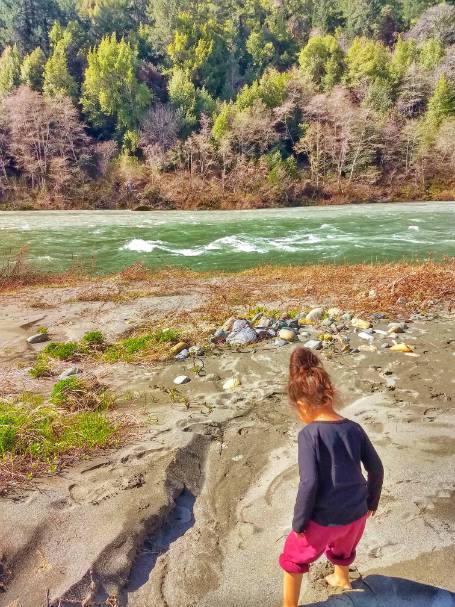
Project Manager
Isaac Kinney (Native Rights Advocate, Yurok Tribal Member)
Isaac says:
“Up until the Boarding school and Relocation times in our history, Yuroks have always lived in a village structure with over 50 villages along the Klamath and Pacific Coast. This gives us an inter-generational understanding that the health of these tributaries and aquifers will be the health of the plants, animals, and the people. Please join the Yurok People in advocating and directly improving these watersheds to continue the efforts for language empowerment, sustainable infrastructure development and improvement of health/wellness for all living along the rivers.”
Water Charity is committed to helping the Native American sovereign nations, and we plan on doing a good deal more of this work with Native Tribes across North America. As with our recent Sioux Nations Disaster Relief Project – South Dakota (check it out). Keep a lookout for more of this kind of work, and consider supporting us by donating money earmarked for “Native Project Use.” In this way, we can not only recoup the funds we spent out of pocket on these projects, but have a working fund with which to do more of the same in an expedient manner. Water Charity is one of the only philanthropic groups that do projects immediately with our own money, and THEN go to find donors to “pay us back.” This allows us to be extraordinarily light on our feet, and respond to emergencies and disasters in real-time. Most groups come up with a project, talk about it endlessly, then shop the proposals around for months or years before acquiring the funding to do anything whatsoever. By contributing to our Native American Water Aid fund, you can ensure that these projects are assessed, organized and completed as fast as possible and that our tribal brothers and sisters are not left waiting for months or years for projects that (all too often) never actually materialize. If you like what we are doing here on Yurok land now, help us do the same for the Hoopa & Karuk… the Modoc, the Wintu and the Pit River tribes, etc. etc. Aho! Mni Wiconi.
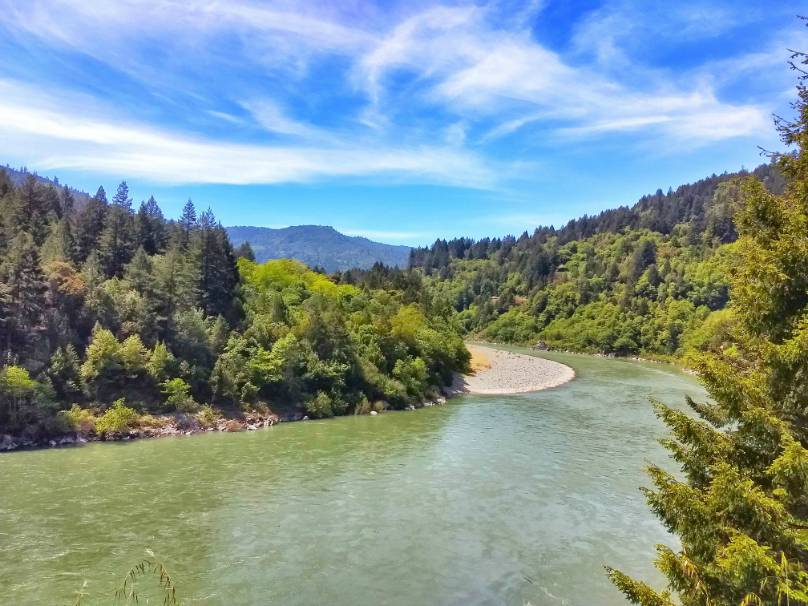
Project Impact This project has impacted 700 – 800 people.
This project has been completed. All the filters have been distributed. But boil water notices continue on the Klamath, and the neighboring tribes of the Karuk and the Hoopa are still in need of better water. We are now raising funds to expand this work to all three tribes!
Fundraising Target $30,000
Funds raised in excess of the project amount will be allocated to other Native American water & sanitation projects in the region.
Donations Collected to Date $2,200
ADOPT THIS PROJECT BY CONTRIBUTING THE DOLLAR AMOUNT OF THE PROJECT.
Donations of any amount will be appreciated.
Dollar Amount Needed $ 27,800

To read Final Report of Water Filter Distribution – Karuk Tribe, CLICK HERE.
